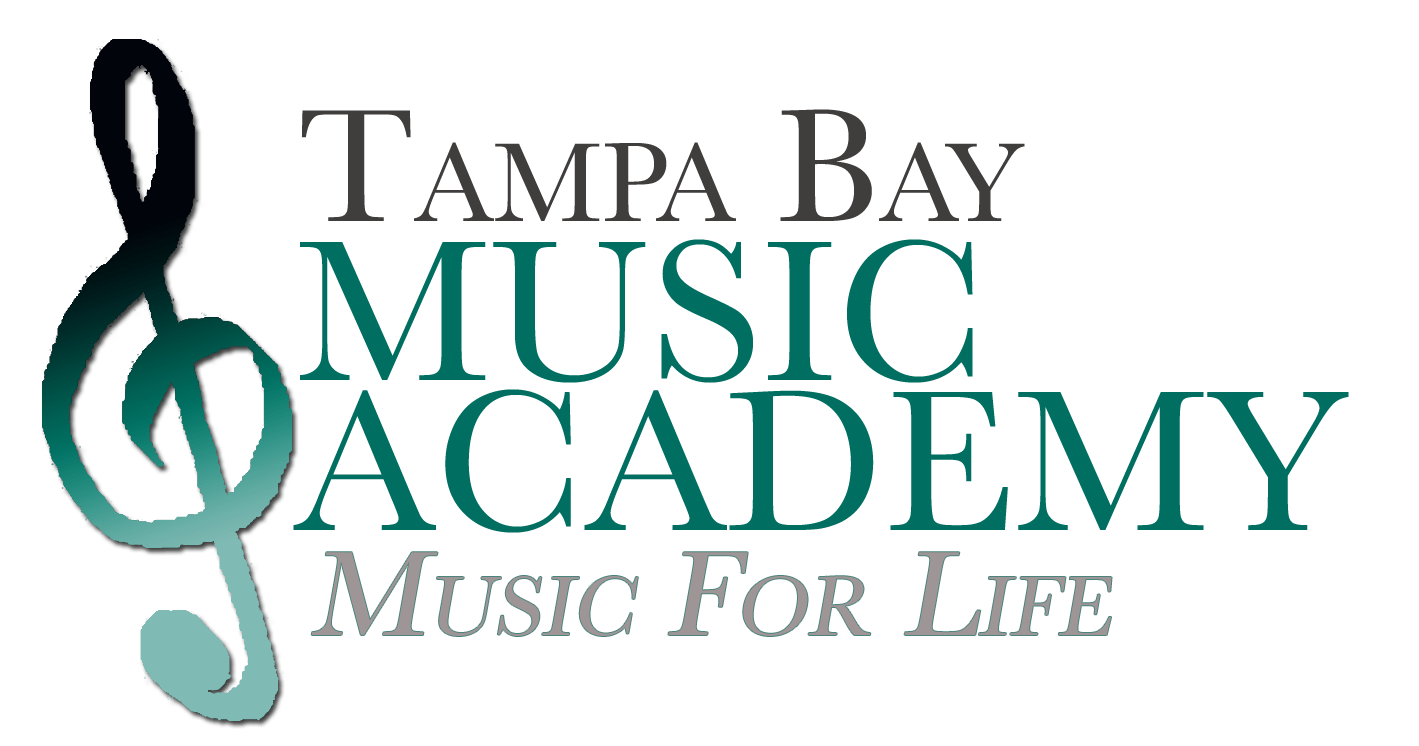Summer is almost over, and if your child plans to begin music lessons in the fall, now is the time to start thinking through schedules and goals. Starting a new instrument is an exciting prospect, but as the excitement wears off and the daily grind sets in, students may need some extra motivation to stay on track. With that goal in mind, we’d like to offer our best advice for beginning musicians. Keep these pointers handy so that when the beginning student in your house gets a case of the drudgeries, you can offer just the right dose of encouragement.
- Have a goal when you practice. Would it be any fun to play soccer without a goal? How about tennis without a net? Setting a goal for each practice session gives your child something to aim for beyond mindless drilling.
- Learn proper technique. Who really cares if your fingers are curved or not? It’s playing the right notes that counts, right? Not so! Learning proper technique now will help your child execute difficult passages much more easily later on—and he won’t have to relearn bad habits.
- Write in your music. Music books aren’t library books—write in them! Write in the finger numbering, circle dynamic markings, write out the counting, and place other visual reminders in the music to help your young student through those difficult passages. If she can see it, her brain doesn’t have to work as hard!
- Play music you enjoy. Not everyone is cut out for classical music. While classical music offers a good foundation for theory and technique (which is why it is almost universally taught), there should also be room in your child’s repertoire for his musical preferences. Ask his teacher to work on a few of his favorite songs with him, so he can experience the intrinsic joy of making music he loves.
- Go to a concert. Nothing gets young musicians excited about their instruments like seeing a professional musician in concert. Take your child to see one of her favorite artists in a live performance and use that experience as a springboard for a renewed interest in practicing.
- Take a break. Long practice sessions and short attention spans are a recipe for frustration. If you sense that your child has become overwhelmed or frustrated, give her a break. Build one or two “break days” into the week as well, so your child can enjoy some guilt-free days of not practicing.
- Make it fun! Music is an integral part of our lives on a daily basis, and it should be something we enjoy! Practice sessions should be full of encouragement, praise, and achievable objectives. Use incentives and rewards to help young students work toward a goal, and celebrate each success.
We live our lives to music. When seasoned musicians pass off the scene, the young musicians of today will step up to fill the role of creating new music for their generation. Let’s encourage today’s beginners to work hard and be passionate about their musical choices so that they’ll be ready to make the music of tomorrow.
This is a TBMA original article written for our Tampa Bay Music Academy readership by Susan McClure. If you find it to be helpful, we would love for you to re-post it on your blog. Please contact us first for permission. Visit our website home for information on finding a music teacher in Tampa, Odessa, Land O’ Lakes, Citrus Park, Westchase, New Port Richey, Lutz, Trinity, Keystone, or Tarpon Springs Florida who offers private piano lessons, guitar lessons, saxophone lessons, voice lessons, drum lessons, violin lessons, cello lessons, flute lessons, or music lessons in any other instrument proficiency category. TBMA teachers (piano, guitar, voice, flute, cello, violin, woodwinds, brass, strings, drums, percussion) pride themselves in a reputation for an uncompromising commitment to excellence and special care taken for every student. We remain absolutely committed to providing an outstanding enrollment experience beyond any other in the region. Call us today. We look forward to hearing from you!

